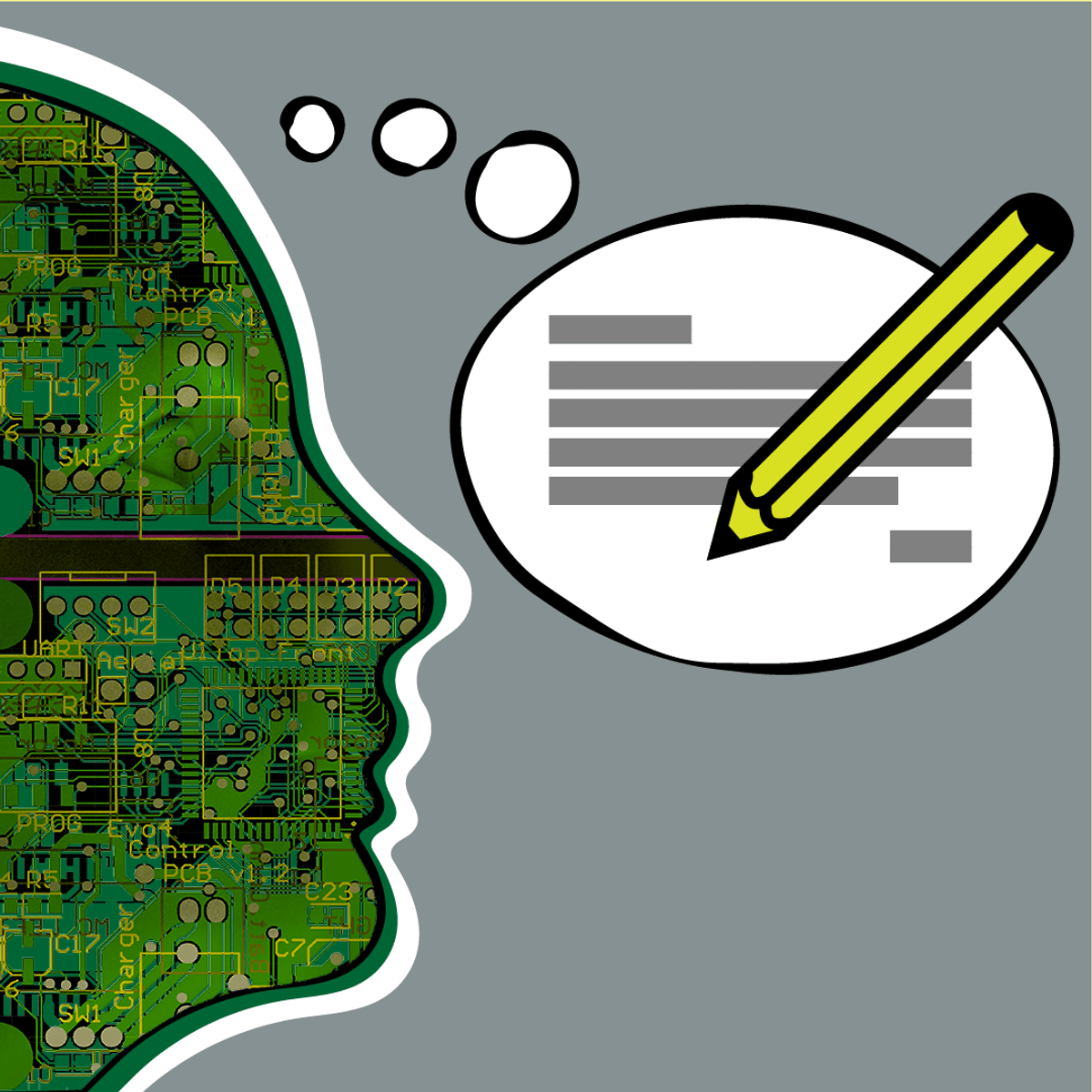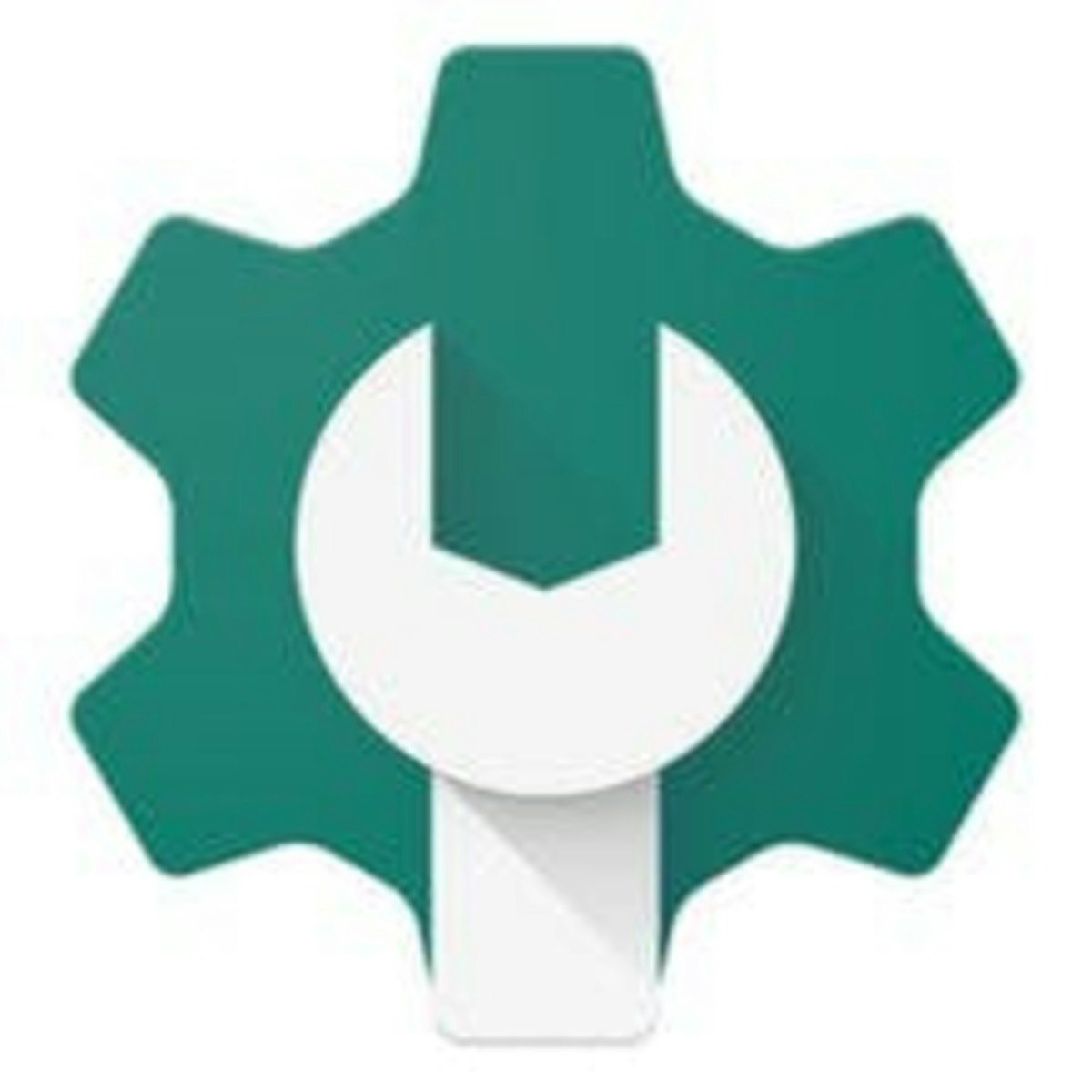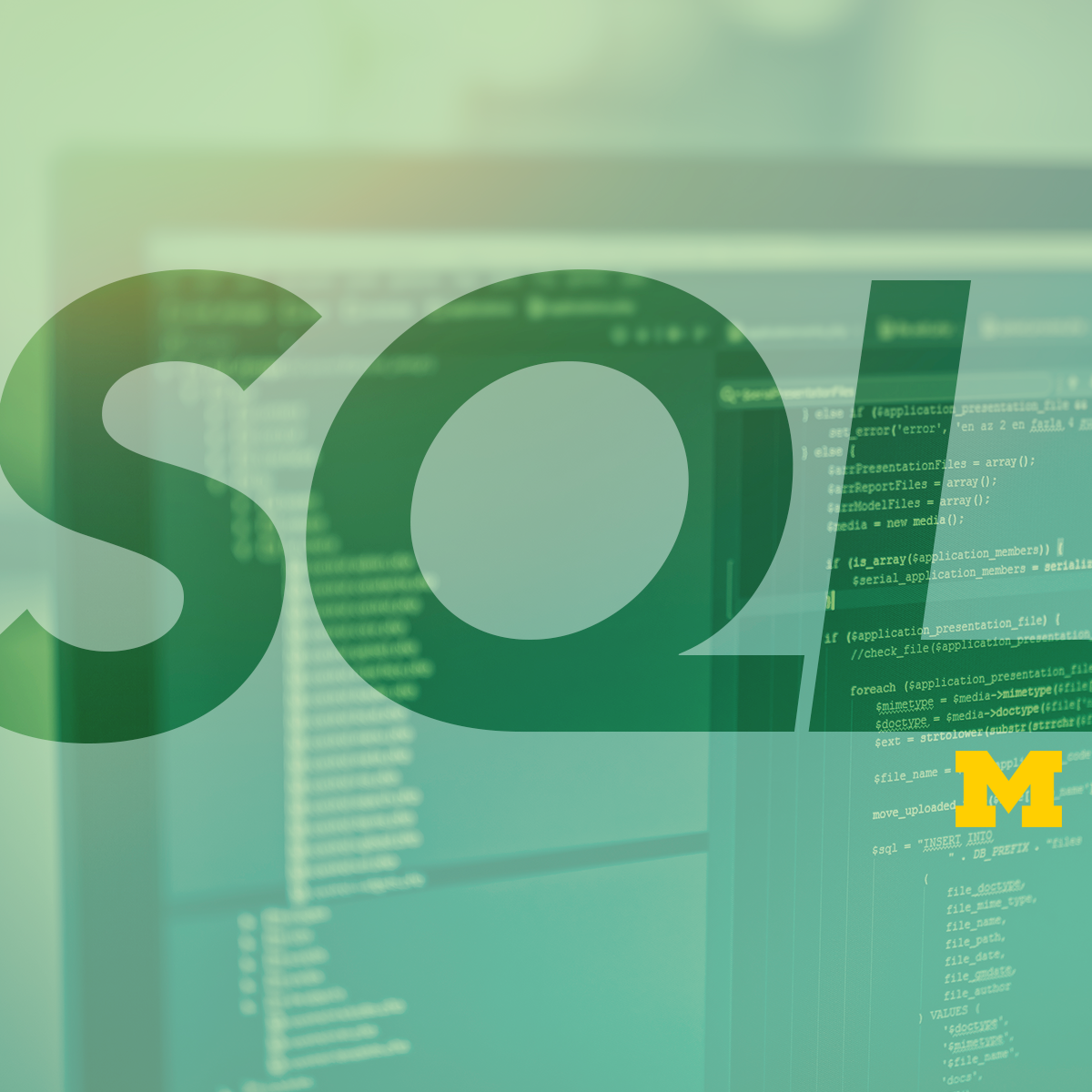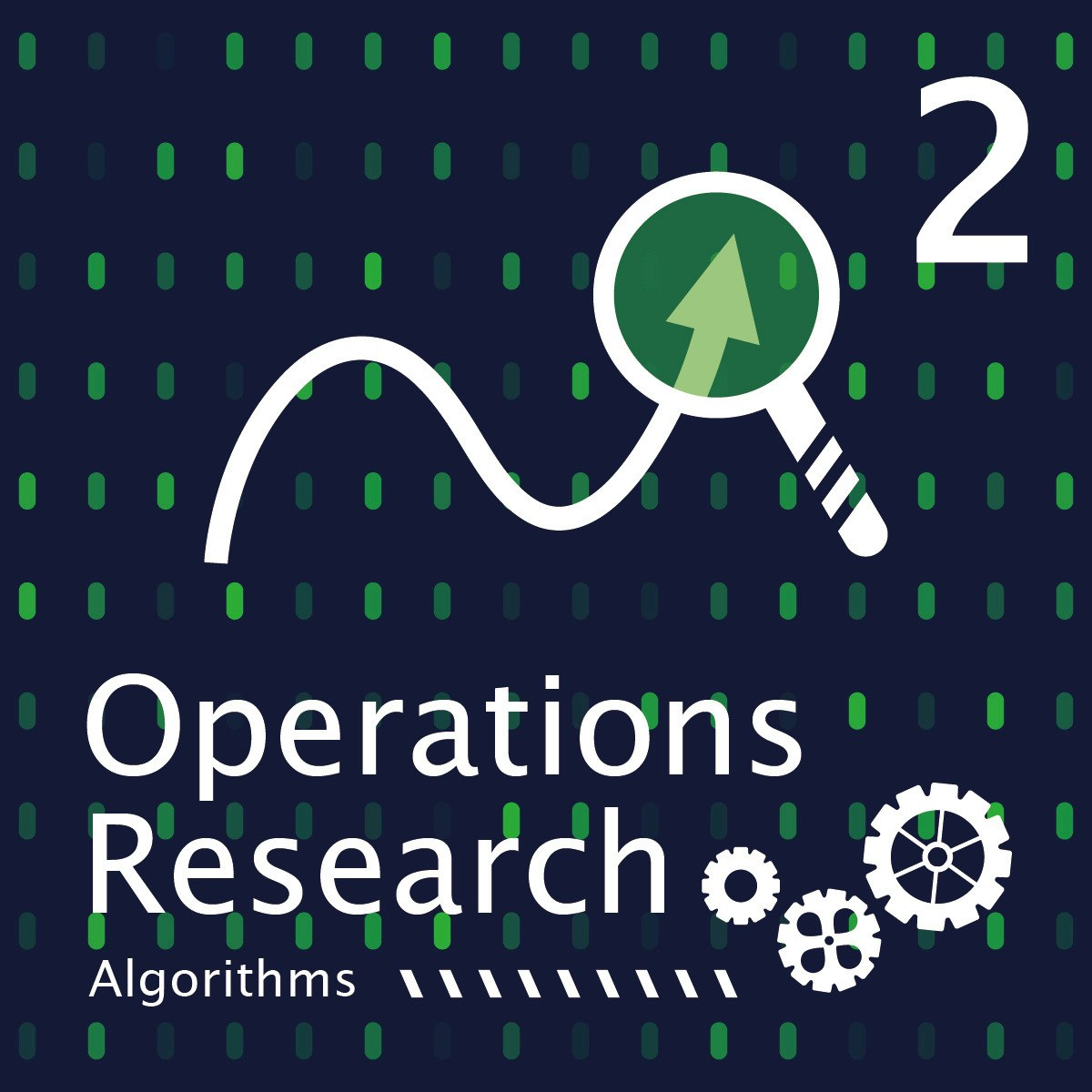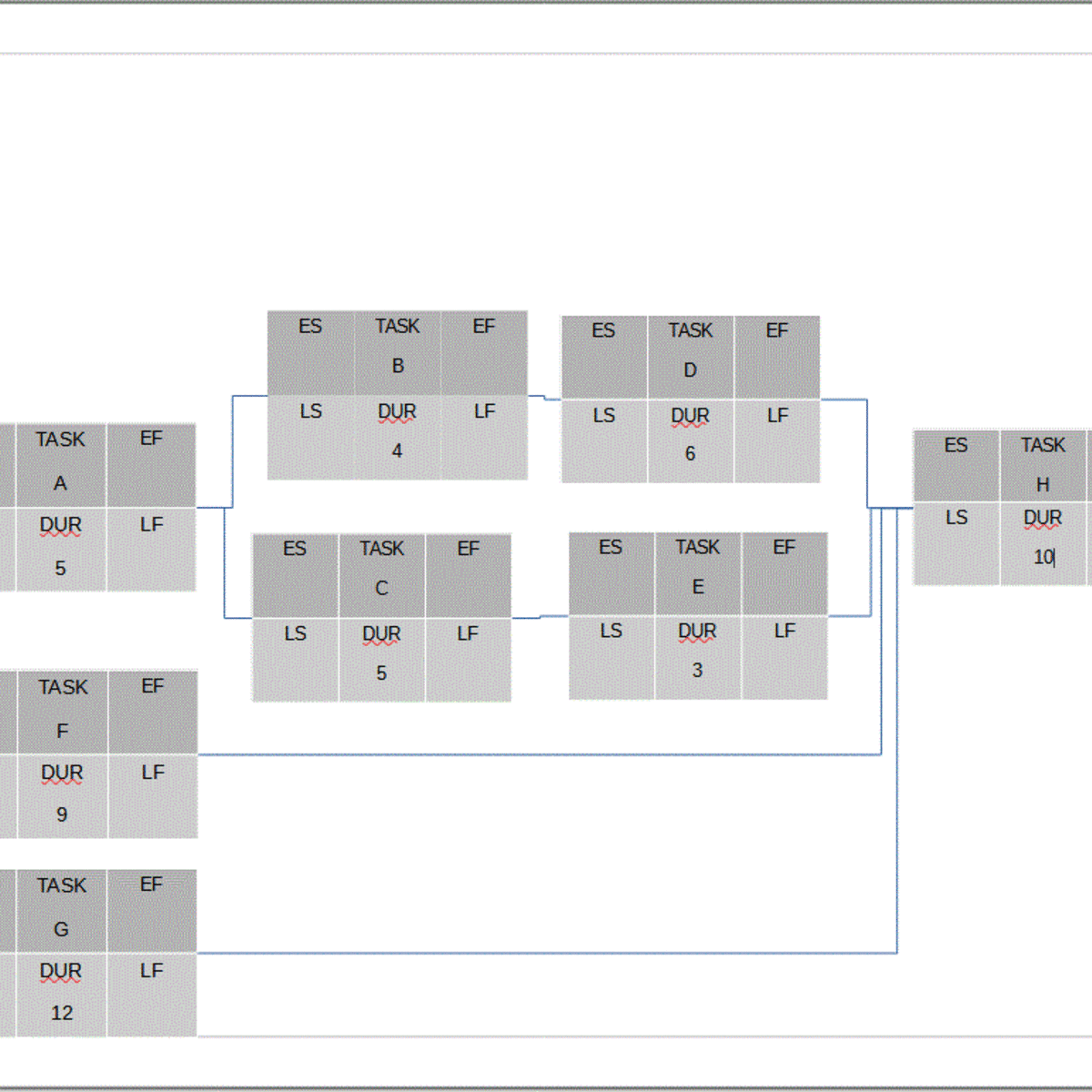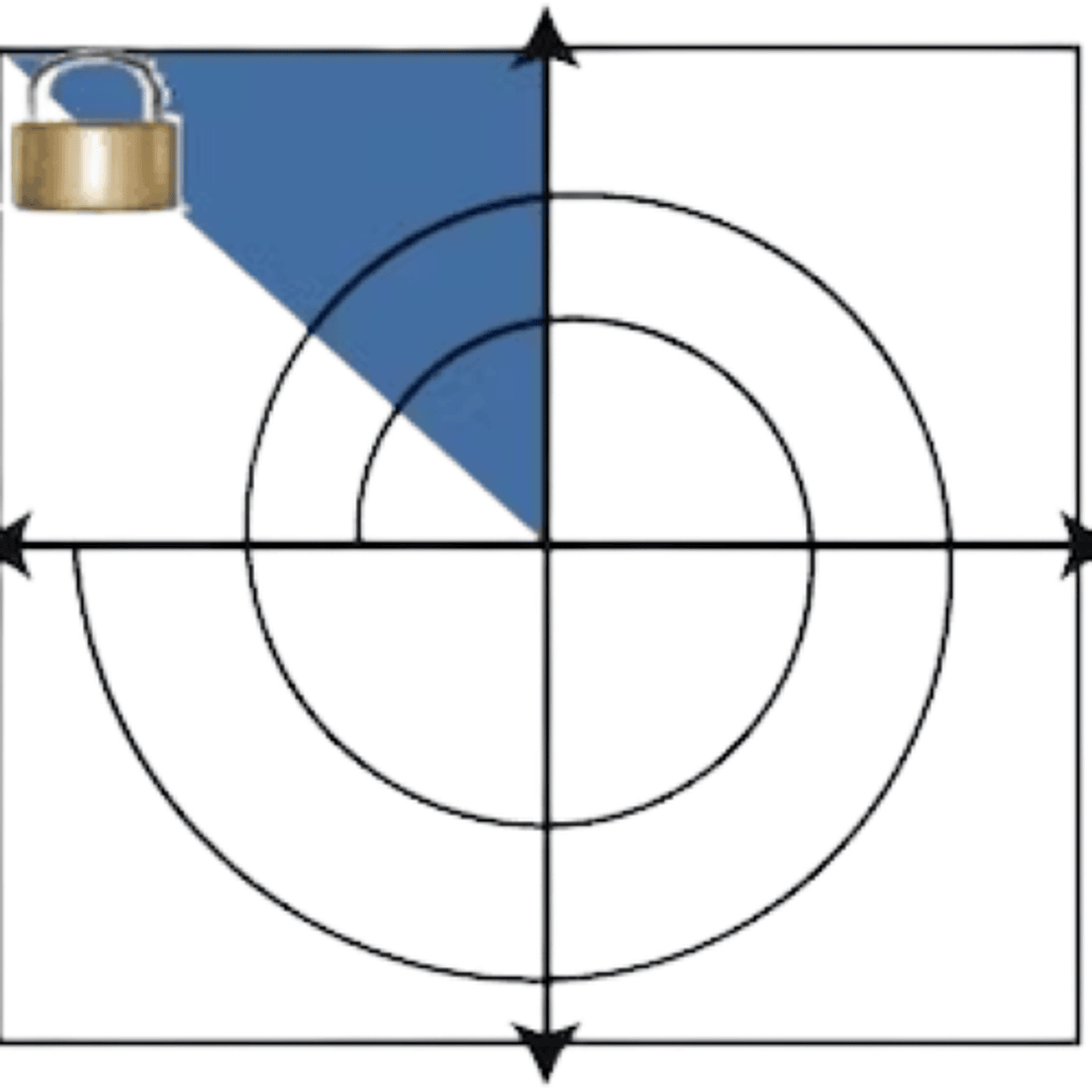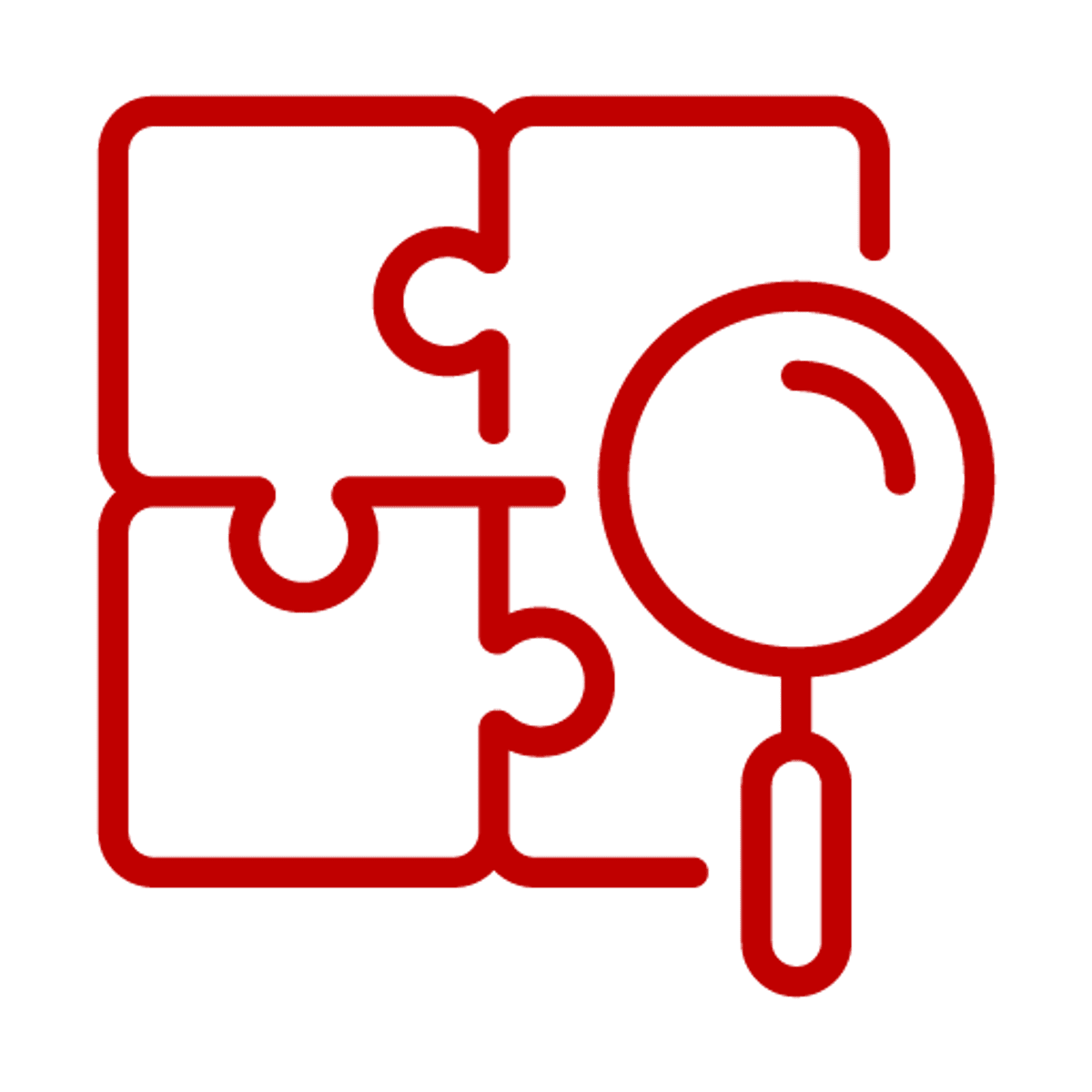Systems Analyst
Understanding the Role of a Systems Analyst
A Systems Analyst acts as a crucial bridge within an organization, specializing in analyzing, designing, and implementing information systems. They study the existing systems and procedures to identify areas for improvement, proposing solutions that leverage technology to enhance efficiency and effectiveness. Essentially, they are problem solvers who understand both business needs and technical capabilities, translating one into the terms of the other.
This role is dynamic, involving interaction with various stakeholders, from end-users and business managers to software developers and IT specialists. If you enjoy dissecting complex problems, designing elegant solutions, and facilitating communication between different groups, a career as a Systems Analyst might be highly rewarding. It offers opportunities to make tangible impacts on how organizations operate and utilize technology.
Introduction to Systems Analysis
What is a Systems Analyst?
At its core, a Systems Analyst is an IT professional focused on information systems. Their primary role is to understand how information systems can best serve the needs of a business or organization. They investigate problems, plan solutions, recommend software and systems, and coordinate development to meet specific business or research requirements.
Think of them as architects for information systems. Just as a building architect designs blueprints based on a client's needs, budget, and site constraints, a Systems Analyst designs system specifications based on user requirements, business goals, and technical limitations. They ensure the final system is functional, efficient, and aligned with the organization's objectives.
Their work often involves a blend of technical expertise, business acumen, and interpersonal skills. They need to understand technology deeply enough to see its potential and limitations, grasp business processes to identify needs, and communicate effectively with diverse groups to gather information and present solutions.
This introductory course provides a foundation in systems engineering principles.
These books offer a comprehensive look into the field of systems engineering and analysis.
Core Objectives in Organizations
The main goal of a Systems Analyst is to improve organizational efficiency and effectiveness through the strategic use of information systems. This involves identifying outdated or inefficient processes and designing technological solutions to streamline them. They aim to ensure that IT systems align with business strategies and deliver tangible value.
Another key objective is to act as a liaison. Systems Analysts bridge the gap between departments, particularly between technical teams (like programmers and database administrators) and business users or management. They translate complex technical details into understandable business terms and convey business needs accurately to the technical teams.
Ultimately, Systems Analysts work to ensure that technology investments yield positive returns. They evaluate system performance, gather user feedback, and recommend modifications or upgrades. Their focus is on continuous improvement, ensuring systems remain relevant, secure, and supportive of the organization's evolving needs.
Understanding how to plan and maintain systems is crucial for meeting these objectives.
This topic delves deeper into the specific domain of system analysis.
Historical Evolution of Systems Analysis
The field of systems analysis emerged alongside the development of computers and information technology, primarily after World War II. Early analysts focused on automating manual processes, often in large organizations like government agencies and corporations dealing with massive amounts of data for tasks like payroll or inventory management.
As technology evolved from mainframes to personal computers and networked systems, the role expanded. Analysts began focusing not just on automation but also on improving decision-making, communication, and overall business strategy through integrated systems. Methodologies like the Systems Development Life Cycle (SDLC) became standardized approaches.
The rise of the internet, mobile technology, cloud computing, and big data has further transformed the field. Modern Systems Analysts grapple with complex, interconnected systems, cybersecurity concerns, data analytics, and user experience design. The focus has shifted towards agile development, continuous integration, and leveraging emerging technologies like AI.
This course looks at system design in a modern context.
Understanding the broader context of systems is also helpful.
Importance in Modern Tech-Driven Businesses
In today's technology-centric world, Systems Analysts are more critical than ever. Businesses rely heavily on information systems for daily operations, strategic planning, customer engagement, and competitive advantage. Analysts ensure these vital systems are well-designed, implemented correctly, and continuously optimized.
They play a key role in digital transformation initiatives, helping organizations adopt new technologies like cloud platforms, data analytics tools, and automation solutions. Their ability to understand both business context and technical possibilities allows them to guide companies through complex changes effectively.
Furthermore, with increasing concerns about data privacy and cybersecurity, Systems Analysts are essential in designing systems that are not only efficient but also secure and compliant with regulations. They help mitigate risks and ensure the responsible use of technology, which is crucial for maintaining trust and reputation.
Exploring digital transformation helps understand the modern business landscape.
This topic relates to the ongoing evolution of systems.
Key Responsibilities of a Systems Analyst
Requirement Gathering and Stakeholder Communication
A fundamental responsibility of a Systems Analyst is eliciting, analyzing, documenting, and managing requirements. This involves understanding what the business needs a system to do. Analysts achieve this through various techniques like interviews, workshops, surveys, and observation of existing processes.
Effective communication with stakeholders is paramount during this phase. Stakeholders can include end-users, managers, executives, customers, and technical staff. The analyst must be adept at asking the right questions, actively listening, and clarifying ambiguities to ensure requirements are complete, consistent, and accurately reflect business needs.
Documenting these requirements clearly and unambiguously is crucial. This often involves creating documents like business requirement documents (BRDs), functional specifications, use cases, or user stories, depending on the methodology used. These documents serve as a blueprint for system design and development.
These courses focus specifically on the skills needed for requirements analysis and communication.
Understanding stakeholder needs is critical.
These books delve into the specifics of software requirements.
System Design and Workflow Optimization
Once requirements are gathered, the Systems Analyst moves into the design phase. This involves translating the 'what' (requirements) into the 'how' (system design). They create models and specifications outlining the system's architecture, data structures, user interfaces, and security measures.
Workflow optimization is often a key part of system design. Analysts study existing business processes (business process modeling) to identify bottlenecks, redundancies, or inefficiencies. They then design new workflows, leveraging the capabilities of the proposed system to streamline operations, reduce manual effort, and improve overall productivity.
Tools like Unified Modeling Language (UML) diagrams (e.g., use case diagrams, sequence diagrams, class diagrams) are frequently used to visualize and document the system design. The goal is to create a robust, scalable, and maintainable system that meets the defined requirements effectively.
These courses cover system design and process modeling techniques.
Understanding data flow is essential for design.
Bridging Technical and Non-Technical Teams
Systems Analysts serve as essential conduits between the business side and the IT side of an organization. They must be bilingual, metaphorically speaking, fluent in both the language of business objectives and the language of technical implementation details.
They translate business requirements into technical specifications that developers, database administrators, and network engineers can understand and implement. This ensures the technical team builds a system that truly addresses the business problem or opportunity.
Conversely, they explain technical concepts, constraints, and trade-offs to non-technical stakeholders in clear, accessible terms. This helps business users understand the possibilities and limitations of technology, manage expectations, and make informed decisions about system features and priorities.
This communication role is vital for project success, preventing misunderstandings and ensuring alignment between all parties involved.
Effective communication and problem-solving skills are crucial for this bridging role.
Post-Implementation Evaluation and Maintenance
The Systems Analyst's job doesn't end once a system is deployed. They play a key role in the post-implementation phase, evaluating whether the system meets the initial requirements and delivers the expected benefits. This involves gathering user feedback, analyzing system performance data, and identifying any issues or areas for improvement.
They often contribute to developing training materials and support documentation for end-users. They might also be involved in troubleshooting problems that arise after launch, working with technical teams to diagnose and resolve bugs or performance issues.
Furthermore, systems require ongoing maintenance and updates. Analysts participate in planning for system upgrades, enhancements, and eventual retirement. They monitor technological advancements and changing business needs to ensure the system remains effective and aligned with organizational goals over its lifespan.
Understanding system planning and maintenance is key to this phase.
Evaluating system effectiveness requires strong analytical skills.
Essential Skills for Systems Analysts
Technical Skills
A strong foundation in technical skills is essential for a Systems Analyst. Proficiency in database management, particularly using SQL (Structured Query Language), is often required to query data, understand database structures, and work with data models.
Knowledge of modeling languages like UML (Unified Modeling Language) helps in visualizing, specifying, constructing, and documenting system designs. Familiarity with data modeling techniques is also crucial for designing efficient and effective database structures that support the system's requirements.
While deep programming expertise might not always be mandatory, understanding programming concepts and potentially having familiarity with common languages (Java, Python, C#) helps in communicating effectively with developers and understanding technical feasibility. Knowledge of operating systems, networking fundamentals, and system architecture principles provides a necessary broader context.
These courses cover essential technical areas like SQL, UML, and programming concepts.
Understanding data structures and object-oriented principles is fundamental.
Soft Skills
Beyond technical prowess, soft skills are equally vital for Systems Analysts. Strong analytical and problem-solving abilities are paramount. Analysts must be able to dissect complex business problems, identify root causes, and devise logical, effective solutions.
Excellent communication skills – both written and verbal – are non-negotiable. Analysts need to clearly articulate complex ideas to diverse audiences, conduct effective interviews, facilitate meetings, write precise documentation, and present findings persuasively. Active listening is a crucial component of this.
Other important soft skills include attention to detail, critical thinking, organizational skills, and the ability to work collaboratively within a team. Adaptability and a willingness to learn are also key, as technology and business needs are constantly evolving.
Developing strong problem-solving and communication abilities is essential for success.
This book explores systematic thinking, a valuable skill for analysts.
Familiarity with Methodologies
Systems Analysts operate within structured frameworks known as development methodologies. Understanding common methodologies like Agile (e.g., Scrum, Kanban) and Waterfall is crucial for managing projects effectively and collaborating with development teams.
The Waterfall model is a sequential approach where each phase (requirements, design, implementation, testing, deployment, maintenance) must be completed before the next begins. It emphasizes thorough documentation and upfront planning.
Agile methodologies, in contrast, are iterative and incremental. They prioritize flexibility, collaboration, rapid feedback, and delivering working software in short cycles (sprints). Analysts in Agile environments often work closely with development teams, participate in daily stand-ups, and help manage product backlogs.
Familiarity with these approaches helps analysts adapt their techniques and communication styles to fit the project context and team dynamics. Many organizations use hybrid approaches, blending elements of both.
These courses introduce Agile, Scrum, and general project management principles.
Understanding the broader software development lifecycle is key.
Adaptability to Emerging Technologies
The technology landscape is constantly changing, and Systems Analysts must be adaptable and eager to learn about emerging trends. Technologies like Artificial Intelligence (AI), Machine Learning (ML), cloud computing, Big Data analytics, and the Internet of Things (IoT) are increasingly impacting how systems are designed and used.
Analysts don't necessarily need to be experts in every new technology, but they should understand the capabilities and potential applications of these tools. This knowledge allows them to identify opportunities for innovation and advise businesses on how to leverage new technologies strategically.
Staying current requires continuous learning through industry publications, professional development courses, conferences, and networking. This adaptability ensures that analysts remain relevant and capable of designing solutions that are not just functional today but also prepared for the future.
Exploring courses on emerging technologies like AI and cloud computing is beneficial.
This book covers the architecture of modern software systems.
Formal Education Pathways
Relevant Undergraduate Degrees
A bachelor's degree is typically the minimum educational requirement for entry-level Systems Analyst positions. Common fields of study include Computer Science, Information Systems (or Management Information Systems - MIS), Information Technology, and sometimes Business Administration with a technical concentration.
Computer Science programs provide a deep understanding of programming, algorithms, data structures, and software engineering principles. Information Systems programs often blend technical skills with business knowledge, focusing on how technology solves organizational problems. Business degrees with an IT focus provide strong business acumen alongside relevant technical coursework.
Regardless of the specific major, coursework in areas like database management, systems analysis and design, networking, project management, and business process modeling is highly beneficial. Strong analytical and communication skills, often developed through various university projects and presentations, are also critical.
These courses align with typical undergraduate curricula in computer science and IT.
Understanding fundamental programming concepts is crucial.
Graduate Programs and Certifications
While not always required, a master's degree (e.g., Master of Information Systems, MBA with IT concentration) can enhance career prospects, particularly for leadership roles or specialized positions. Graduate programs offer deeper dives into advanced topics like enterprise architecture, IT strategy, cybersecurity management, and data analytics.
Professional certifications are highly valued in the field and can demonstrate specific expertise. Notable certifications include the Certified Business Analysis Professional (CBAP) from the IIBA, the PMI Professional in Business Analysis (PMI-PBA), and various vendor-specific certifications related to ERP systems (like SAP) or cloud platforms (AWS, Azure).
Certifications often require a combination of education, experience, and passing a rigorous exam. They can significantly boost credibility and marketability, showing commitment to the profession and validated skills in specific domains.
Preparing for certifications often involves dedicated study and practice.
Certification preparation is a common goal for professionals.
Research Opportunities in Systems Optimization
For those inclined towards academia or cutting-edge industrial research, opportunities exist in systems optimization. This field uses mathematical modeling, simulation, and algorithms to find the best possible solutions for complex system design and operational problems.
Research areas might include optimizing supply chain logistics, improving the efficiency of computer networks, designing more effective algorithms for data processing, or developing models for resource allocation in large organizations. This often involves advanced mathematics, operations research techniques, and sophisticated computer simulations.
Such opportunities typically require advanced degrees (Master's or PhD) in fields like Computer Science, Operations Research, Industrial Engineering, or Systems Engineering. Research positions are found in universities, government labs, and large corporations with dedicated R&D departments.
Courses in algorithms and optimization provide foundational knowledge.
These topics relate to optimization and advanced system concepts.
Internships and Co-op Programs
Practical experience gained through internships or cooperative (co-op) education programs is invaluable for aspiring Systems Analysts. These opportunities allow students to apply classroom knowledge in real-world settings, working alongside experienced professionals.
Internships provide exposure to industry tools, methodologies, and workplace dynamics. They help students build professional networks, develop crucial soft skills, and gain insights into specific industries or types of organizations. A successful internship can often lead to a full-time job offer upon graduation.
Co-op programs typically involve alternating semesters of full-time study with full-time paid work related to the student's major. They offer more extensive work experience than typical internships. Both internships and co-ops significantly strengthen a resume and make graduates more competitive in the job market.
While specific internship courses aren't listed, foundational project management and business analysis skills are relevant.
Gaining practical experience is part of the application process for many roles.
Online and Self-Directed Learning
Feasibility of Self-Taught Pathways
While a formal degree is common, entering the Systems Analyst field through self-directed learning and online resources is increasingly feasible, especially for those with adjacent experience or strong motivation. Online platforms offer a wealth of courses covering foundational topics like databases, networking, programming basics, and specific tools like SQL or Excel.
This path requires significant discipline and self-motivation. Learners need to curate their own curriculum, identify knowledge gaps, and consistently dedicate time to studying. Building a strong portfolio of projects becomes even more critical to demonstrate practical skills to potential employers in the absence of a traditional degree.
For career pivoters, leveraging existing professional experience can be advantageous. For example, someone with a strong business background can focus on acquiring technical skills, while someone from a technical support role might focus on business analysis techniques and communication skills. Online learning offers the flexibility to target specific skill gaps effectively.
Starting with fundamental courses can build a solid base for self-learners.
OpenCourser's Learner's Guide offers tips for structuring self-directed learning and staying motivated.
Project-Based Learning for Practical Experience
Theoretical knowledge alone is insufficient; practical application is key. Project-based learning is an excellent way for aspiring Systems Analysts, especially those pursuing self-directed paths, to gain hands-on experience and build tangible proof of their skills.
This involves choosing a realistic problem or scenario and applying analysis and design principles to develop a solution. Examples could include designing a database for a small business, modeling workflows for a hypothetical process, or creating mockups for a new application feature. Many online courses incorporate guided projects.
Working on personal projects, contributing to open-source projects, or even volunteering analytical skills for non-profits can provide valuable experience. Documenting these projects thoroughly, including the problem statement, requirements, design choices, and outcomes, is crucial for showcasing abilities in a portfolio.
Many online platforms offer guided projects to build practical skills.
Learners can find courses related to specific tools and techniques through browsing categories on OpenCourser.
Supplementing Formal Education with Online Resources
Even for those pursuing traditional degrees, online learning resources offer powerful ways to supplement formal education. University curricula may not cover the latest specific tools or niche methodologies used in industry. Online courses can bridge these gaps, providing practical skills in areas like specific software (SAP, Salesforce), cloud platforms, or Agile tools (Jira).
Online courses can also offer deeper dives into subjects briefly covered in university or provide alternative perspectives from industry practitioners. They allow students to learn at their own pace and focus on areas most relevant to their career interests.
Furthermore, using online resources demonstrates initiative and a commitment to continuous learning, qualities highly valued by employers. Completing relevant online courses and earning certificates can enhance a student's resume and provide talking points during interviews.
Online courses can enhance skills in areas like business analysis and project management.
OpenCourser helps learners discover thousands of courses across Business and IT & Networking categories.
Portfolio Development Strategies
A portfolio is a curated collection of work samples that demonstrates skills and experience to potential employers. For Systems Analysts, especially those without extensive formal experience, a strong portfolio is crucial. It provides concrete evidence of analytical, design, and problem-solving capabilities.
Include projects completed during coursework, online learning, or self-study. For each project, clearly articulate the problem, the requirements gathered, the analysis performed, the design created (using diagrams like flowcharts or UML), and the tools used. If possible, quantify the impact or outcome.
Consider creating case studies based on real or hypothetical scenarios. Develop diagrams, specifications, or mockups. Having an online presence, perhaps a personal website or a well-maintained LinkedIn profile showcasing projects and skills, is also highly recommended. Tailor the portfolio to highlight skills relevant to specific job applications.
Focusing on foundational skills like requirements gathering is key for portfolio projects.
Developing requirements artifacts demonstrates core analyst skills.
Career Progression and Opportunities
Entry-Level Roles
Graduates typically enter the field in roles such as Junior Systems Analyst, IT Analyst, or sometimes Business Analyst (depending on the organization's structure). In these roles, individuals usually work under the guidance of senior analysts or project managers.
Entry-level responsibilities often focus on specific tasks within the systems development lifecycle. This might include assisting with requirements gathering, documenting processes, creating basic system models, performing system testing, or providing user support and training.
These initial roles provide valuable exposure to real-world projects, industry tools, and organizational processes. It's a crucial period for building foundational skills, understanding different business domains, and learning from experienced colleagues.
Courses focusing on landing the first role can be helpful.
Foundational courses provide skills needed for entry-level positions.
Mid-Career Transitions
With several years of experience, Systems Analysts can progress to more senior roles or transition into related specialized positions. A Senior Systems Analyst typically handles more complex projects, leads requirements gathering efforts, mentors junior analysts, and has greater influence on system design decisions.
Experienced analysts might specialize in specific areas like enterprise architecture, data architecture, business intelligence, or cybersecurity analysis. Some transition into roles like Business Architect, where they focus on aligning IT strategy with overall business strategy at a higher level.
Other potential paths include moving into project management, leading IT teams, or becoming a specialist consultant in a particular industry or technology (e.g., SAP Analyst, Salesforce Analyst). Continuous learning and potentially certifications often facilitate these mid-career advancements.
Advanced analysis and design courses support mid-career growth.
Related careers offer transition pathways.
Leadership Pathways
For those with strong leadership qualities and extensive experience, pathways lead to management and executive roles. This could involve becoming an IT Manager, overseeing teams of analysts, developers, and other IT professionals.
Further progression might lead to roles like IT Director or Chief Information Officer (CIO), responsible for the overall IT strategy and operations of an organization. These positions require not only deep technical and systems understanding but also strong business acumen, strategic thinking, financial management skills, and leadership capabilities.
Moving into leadership often requires a blend of technical depth, broad business understanding, and excellent interpersonal and management skills. Advanced degrees like an MBA or specialized master's degrees, along with leadership training, can be beneficial for pursuing these pathways.
Courses in leadership and strategy are relevant for aspiring managers.
High-level roles often manage information systems strategically.
Freelancing and Consulting Opportunities
Experienced Systems Analysts can leverage their expertise through freelancing or consulting. This offers flexibility and the opportunity to work on diverse projects across different industries. Consultants might work independently or join consulting firms.
Consultants are typically brought in for specific projects, such as implementing a new ERP system, optimizing business processes, performing system audits, or providing strategic IT advice. This path requires strong self-management skills, business development abilities, and a proven track record of delivering results.
Freelancing allows analysts to choose their projects and work arrangements. Success often depends on building a strong professional network, marketing one's skills effectively, and staying current with industry trends and technologies. Both paths can be financially rewarding and intellectually stimulating for seasoned professionals.
Consulting skills are valuable for independent work.
These books offer valuable insights for consultants and programmers.
Industry Trends Impacting Systems Analysts
AI/ML Integration in Systems Design
Artificial Intelligence (AI) and Machine Learning (ML) are profoundly impacting systems analysis and design. Analysts increasingly need to understand how these technologies can be integrated into systems to automate tasks, provide predictive insights, personalize user experiences, and improve decision-making.
This involves identifying opportunities where AI/ML can add value, understanding data requirements for training models, and collaborating with data scientists and AI engineers. Analysts may need to design systems that can effectively collect, process, and utilize data for AI/ML applications, while also considering ethical implications and potential biases.
The integration of AI requires analysts to adapt their skillsets, potentially learning more about data science concepts and AI platforms. According to insights from firms like McKinsey, AI adoption continues to grow, making this a crucial area for analysts to understand.
Understanding the business implications of AI is becoming increasingly important.
This topic explores the intersection of AI and development.
Remote Work and Global Team Collaboration
The rise of remote work and globally distributed teams presents both challenges and opportunities for Systems Analysts. Collaboration tools, clear communication protocols, and effective virtual meeting facilitation become even more critical when team members are not co-located.
Analysts need to be adept at using digital tools for requirements gathering, design modeling, and stakeholder communication across different time zones and cultural contexts. Designing systems that effectively support remote collaboration and access is also becoming increasingly important.
This trend necessitates strong self-management skills and the ability to build rapport and trust virtually. Organizations are adapting their processes, and analysts play a role in designing and implementing the systems that enable effective remote and hybrid work environments.
Effective teamwork in varied settings is a vital skill.
Cybersecurity Demands
With the increasing frequency and sophistication of cyber threats, integrating cybersecurity considerations into system design is no longer optional – it's essential. Systems Analysts must work closely with security experts from the earliest stages of development.
This involves understanding security principles, identifying potential vulnerabilities, and incorporating security requirements into system specifications. Analysts need to consider aspects like data encryption, access controls, authentication mechanisms, and compliance with security standards and regulations.
Designing secure systems requires a proactive approach, often referred to as "security by design." Analysts play a crucial role in ensuring that security is built into the system architecture, rather than being treated as an afterthought. Awareness of common threats and mitigation strategies is vital.
Understanding security fundamentals is crucial for modern system design.
This topic covers a core aspect of system security.
Sustainability-Driven System Optimization
Growing awareness of environmental concerns is influencing IT practices, leading to a focus on "Green IT" and sustainable system design. Systems Analysts may be involved in optimizing systems to reduce energy consumption, minimize electronic waste, and support broader organizational sustainability goals.
This could involve designing more energy-efficient data centers, selecting hardware with lower environmental impact, optimizing software for reduced processing power, or developing systems that support sustainable business practices (e.g., optimizing logistics to reduce fuel consumption).
While still an emerging area for many organizations, the focus on sustainability is likely to grow. Analysts who understand how to factor environmental considerations into system design and optimization may find increasing demand for their skills.
Lean principles often align with efficiency and waste reduction goals.
Ethical and Global Considerations
Data Privacy Regulations
Systems Analysts must navigate a complex web of data privacy regulations, which vary significantly across jurisdictions. Regulations like the EU's General Data Protection Regulation (GDPR) and various state-level laws in the US impose strict requirements on how personal data is collected, processed, stored, and protected.
Analysts need to understand these regulations and ensure that the systems they design are compliant. This involves incorporating privacy-enhancing features, implementing appropriate data security measures, ensuring mechanisms for user consent and data access requests, and documenting compliance efforts.
Failure to comply can result in significant fines, legal action, and reputational damage. Therefore, a strong understanding of data privacy principles and relevant legal frameworks is becoming an essential competency for Systems Analysts operating in a global context.
Understanding ethical data use is crucial.
Bias Mitigation in Automated Systems
As AI and automated decision-making systems become more prevalent, mitigating bias is a critical ethical challenge. Systems trained on biased data or designed with biased algorithms can perpetuate and even amplify societal inequalities.
Systems Analysts involved in designing or implementing automated systems must be aware of potential sources of bias and work proactively to mitigate them. This might involve careful data selection and preprocessing, evaluating algorithms for fairness, designing transparent and explainable systems, and implementing mechanisms for auditing and oversight.
Addressing bias requires a multidisciplinary approach, often involving collaboration with data scientists, ethicists, and domain experts. Analysts play a key role in asking critical questions about fairness and equity throughout the system development lifecycle.
Ethical considerations extend to all automated technologies.
This topic relates to the risks associated with AI.
Cross-Cultural Communication Challenges
In today's globalized business environment, Systems Analysts frequently work with colleagues, stakeholders, and users from diverse cultural backgrounds. Effective cross-cultural communication is essential for successful collaboration and system implementation.
Cultural differences can influence communication styles, decision-making processes, attitudes towards hierarchy, and interpretations of requirements or feedback. Analysts need cultural sensitivity and awareness to navigate these differences effectively, avoid misunderstandings, and build strong working relationships.
This involves adapting communication approaches, being mindful of non-verbal cues, clarifying assumptions, and demonstrating respect for different perspectives and working styles. Strong cross-cultural communication skills enhance teamwork and contribute to the success of global projects.
Effective communication skills are key, especially in diverse teams.
Role in Global Supply Chain Management
Information systems are the backbone of modern global supply chains, managing everything from procurement and inventory to logistics and delivery. Systems Analysts play a vital role in designing, implementing, and optimizing these complex systems.
They analyze supply chain processes, identify inefficiencies, and design IT solutions to improve visibility, coordination, and responsiveness. This might involve implementing systems for real-time tracking, demand forecasting, inventory management, or supplier collaboration.
The complexity and interconnectedness of global supply chains require sophisticated systems thinking and robust IT solutions. Analysts contribute to building resilient and efficient supply chains by ensuring the underlying information systems are effective, integrated, and secure.
Understanding enterprise systems is fundamental to supply chain management.
This book discusses systems analysis within organizations.
Frequently Asked Questions (Career Focus)
Can I become a Systems Analyst without a CS degree?
Yes, it is possible to become a Systems Analyst without a Computer Science (CS) degree, although a relevant bachelor's degree is often preferred by employers. Degrees in Information Systems (MIS), Information Technology, Business Administration (with an IT focus), or even related fields combined with relevant technical skills and experience can provide a pathway.
Many successful analysts transition from other roles, such as business roles where they gained strong domain knowledge, or technical support roles where they developed IT troubleshooting skills. Building a strong portfolio demonstrating analytical skills, understanding of the SDLC, and proficiency with relevant tools (SQL, modeling tools) is crucial for those without a traditional CS background.
Certifications (like CBAP or PMI-PBA) and completing targeted online courses can also significantly strengthen your candidacy by validating specific skills and knowledge relevant to the role. Persistence and demonstrating a passion for bridging business and technology are key.
Focusing on business analysis skills can be a good starting point.
Which industries hire the most Systems Analysts?
Systems Analysts are employed across a wide range of industries because virtually all medium-to-large organizations rely on information systems. However, some sectors tend to have a higher concentration of these roles.
Key industries include: Information Technology (software companies, IT consulting firms), Finance and Insurance (banks, insurance companies), Healthcare (hospitals, healthcare providers, insurance), Government (federal, state, local agencies), Manufacturing, and Retail.
Consulting firms also hire a significant number of Systems Analysts to work on projects for clients across various sectors. The specific industry can influence the type of systems and business processes an analyst works with, offering opportunities for specialization.
Exploring systems specific to certain sectors can be beneficial.
How does this role differ from a Business Analyst?
The roles of Systems Analyst and Business Analyst often overlap, and the titles can sometimes be used interchangeably depending on the organization. However, there are traditional distinctions. A Business Analyst typically focuses more on understanding and improving business processes and requirements, often from a less technical perspective.
A Systems Analyst traditionally places more emphasis on the technical aspects of designing and implementing IT solutions to meet those business requirements. They delve deeper into system specifications, technical design, and interaction with development teams. Think of it as BA focusing on the 'what' and 'why' from a business perspective, while SA focuses more on the 'how' from a technical systems perspective.
In practice, many roles blend responsibilities from both areas. An individual might perform tasks associated with both titles. The key difference often lies in the primary focus: business processes and needs (BA) versus IT system design and implementation (SA).
Many courses cover skills relevant to both roles.
This career is closely related and often overlaps.
Is certification necessary for career advancement?
Certification is not strictly necessary for career advancement as a Systems Analyst, but it can be highly beneficial. Experience, demonstrated skills, and a strong track record of successful projects are often the primary drivers of progression.
However, certifications like the CBAP, PMI-PBA, or specialized technical certifications can significantly enhance credibility, validate expertise, and make you more competitive in the job market, especially when seeking promotions or new opportunities. They demonstrate a commitment to professional development and mastery of specific knowledge areas.
For certain specialized roles or within specific organizations (particularly large enterprises or consulting firms), relevant certifications might be strongly preferred or even required. They can provide a standardized measure of competency recognized across the industry.
Many professionals pursue certifications to validate their skills.
What are common challenges faced early in this career?
New Systems Analysts often face several challenges. One common hurdle is bridging the communication gap effectively between technical and non-technical stakeholders, requiring them to quickly learn to "translate" between business needs and technical specifications.
Grasping the complexity of existing ("legacy") systems and understanding intricate business processes within a specific organization or industry can also be challenging initially. There's often a steep learning curve involved in understanding the domain context.
Managing conflicting requirements from different stakeholders, dealing with ambiguity, and adapting to changing project scopes are other frequent challenges. Developing confidence in facilitating meetings, asking probing questions, and presenting findings also takes time and practice.
Developing core skills early helps overcome these challenges.
Understanding requirements engineering is fundamental.
How stable is this role amid automation trends?
The role of a Systems Analyst is generally considered stable, even with advancements in automation. While automation tools can handle some routine tasks, the core functions of understanding complex business needs, designing system solutions, facilitating communication, and exercising critical judgment are difficult to fully automate.
In fact, automation trends may increase the demand for skilled analysts who can identify opportunities for automation, design automated workflows, and manage the implementation of automation technologies (like Robotic Process Automation - RPA). The role may evolve, requiring analysts to understand and work with new automation tools and AI capabilities.
According to the U.S. Bureau of Labor Statistics (BLS), employment for computer systems analysts is projected to grow faster than the average for all occupations. The need to bridge business and IT, design effective systems, and manage technological change remains strong, suggesting continued demand for this skillset.
Understanding automation tools can be beneficial.
Helpful Resources
As you explore the career of a Systems Analyst, several resources can provide further information and support your learning journey:
- Professional Organizations: International Institute of Business Analysis (IIBA) and Project Management Institute (PMI) offer resources, certifications, and networking opportunities relevant to systems and business analysis.
- Government Labor Statistics: The U.S. Bureau of Labor Statistics Occupational Outlook Handbook provides detailed information on job duties, education, pay, and job outlook for Computer Systems Analysts and related roles.
- Online Learning Platforms: Websites like OpenCourser aggregate thousands of courses from various providers, allowing you to search for specific skills, tools (like SQL, UML, Project Management), or methodologies (Agile).
- Industry Publications: Following reputable technology and business news sources keeps you updated on industry trends and emerging technologies.
- Books: Foundational texts on systems analysis, requirements engineering, and software design provide in-depth knowledge (many referenced throughout this article).
Embarking on a career as a Systems Analyst requires a blend of technical aptitude, business understanding, and strong interpersonal skills. It's a challenging yet rewarding field that offers opportunities to significantly impact how organizations function and leverage technology. Whether you are starting your career journey, considering a pivot, or seeking to advance, continuous learning and practical application are key to success in this dynamic domain.















